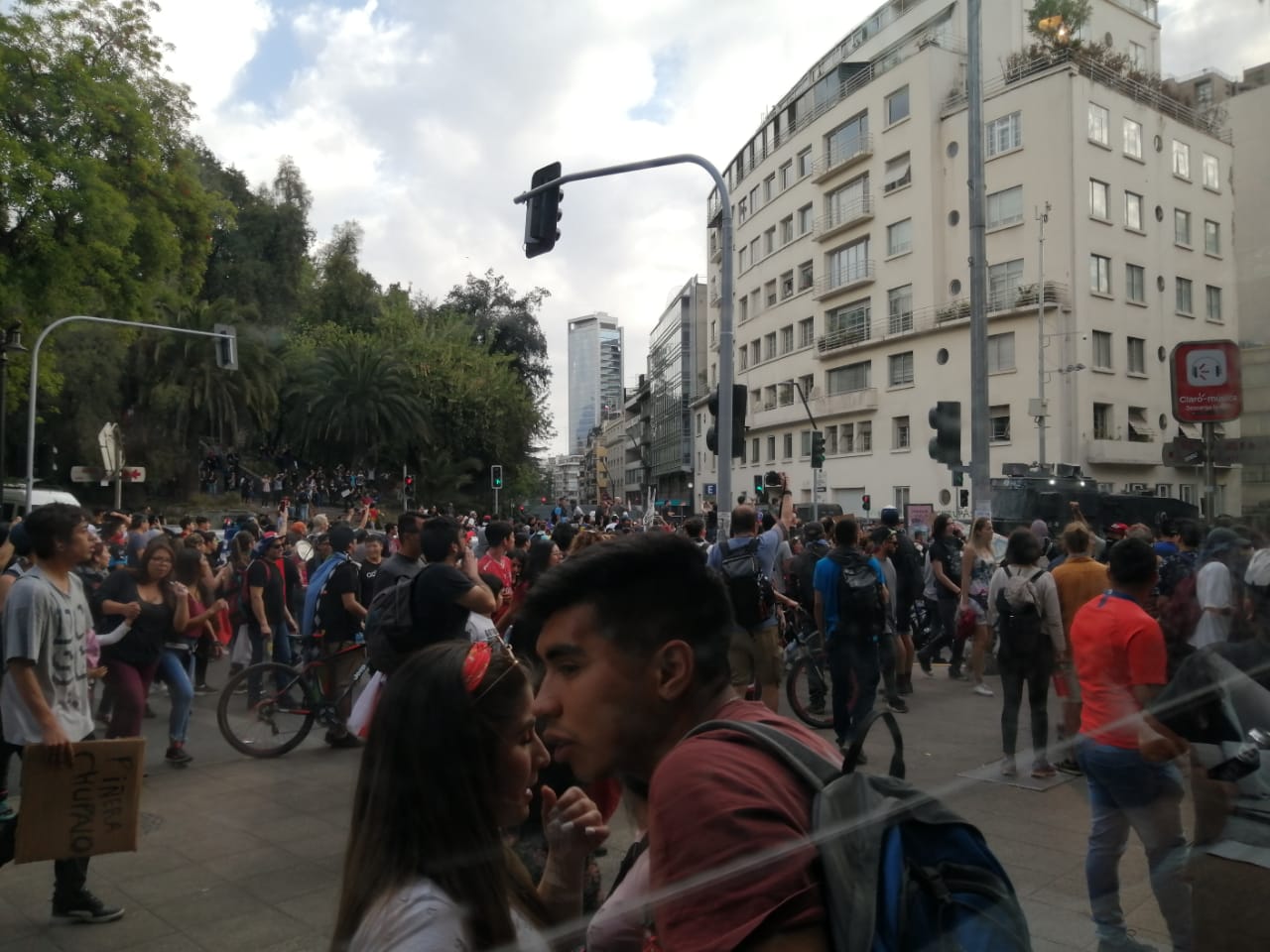The CCLAC Region - Regional Coordinator Ecuador
In 1976 a Coordinating Committee for Latin America, established by the 10th Codex Alimentarius Commission in 1974, held its first meeting in Rome with eight countries from the region in attendance. At its third session a proposal was made to change the name of the committee to its current form (Coordinating Committee for Latin America and the Caribbean) as this better reflected the membership of the region. In 1984 at its 31st session, the Executive Committee, acting on behalf of the Commission, agreed to this change.
The region of Latin America and the Caribbean is an important actor in the production and trade of food at a global level. The region produces enough food to supply itself and to export, with both water and land resources to produce even more.
The region has enormous natural wealth, a flourishing agricultural industry and a family farming sector that is essential for its population. The promotion and strengthening of food safety must be continued at the level of all regions to guarantee the health of consumers and fair and equitable trade.< /p>
The coordinator, Ecuador is based in AGROCALIDAD an agency attached to the Ministry of Agriculture and Livestock. They aim to create synergies between countries in the region, to provide mutual support in order to overcome regional problems and examine solutions to common challenges.
The coordinator further aims to strengthen collaboration among countries and strengthen the participation of developing countries in the Commission and its subsidiary bodies.
CCLAC Coordinator
All information on Codex is public and free.
For regional enquiries contact:
CCLAC Secretariat
Agencia de Regulación y Control Fito y
Zoosanitaria AGROCALIDAD
Avenida
Eloy Alfaro y Amazonas
Quito
Email: [email protected]
Codex family comes together despite tension in Santiago
The Codex Twitter account @FAOWHOCodex commonly uses the hashtag #CodexFamily♥ but this light-hearted symbol of friendship and unity took on a new meaning last week as disruptions in Santiago forced the FAO/WHO Coordinating Committee for Latin America and the Caribbean (CCLAC) to end early after only two half days of deliberation.
Codex, where the world comes together and looks after each other.
With uncertainty surrounding personal safety and a curfew imposed each day in the city, the Chilean secretariat worked tirelessly to communicate and coordinate with participants ensuring, in the words of one delegate “their personal (as opposed to food) safety”. Social media communication groups were formed and Chile facilitated safe passage for delegates to and from their hotels each day with teams travelling together and joining up with one another on route to the plenary.

Chile helped delegates reach the meeting venue each day despite the difficult situation on the streets
“I don't have words to express the hard work of the CCLAC coordination. They managed to make us feel like a family, offering even their own houses and cars. There is no doubt this was a very special occasion and I feel that as of now, we are a family,” said one delegate.
“CCLAC21 had high expectations for reaching broad regional positions on key issues under discussion by Codex technical committees,” said David Pineda an observer at the session. “This meeting has been a very powerful reflection of what Codex family means! The Chilean CCLAC Secretariat showed great organisation of the meeting taking into account the major challenges occurring this week, and took care of all delegates in an outstanding manner. This sentiment is shared by everyone”, he said.
Stuart Laplace from St. Kitts & Nevis said: “The meeting was well attended and we did manage to discuss most of the objectives and deepen CCLAC ties with the member states in the region.”
Tandeka Barton from Guyana said: “I think the interruptions were unfortunate but I still think we were able to cover much ground as it relates to the agenda items. I was amazed at the effort put in by all the organisers to make sure that delegates were safe and comfortable. I am also grateful for the communication and protection afforded us.”
“Although there were issues beyond our control...delegates were still able and willing to participate and work towards the meeting's agenda and deliberations. As for me at no time did I feel unsafe or afraid and it was all due to the Codex team and the efficient and effective way of making sure that all went well or as best as it could have given the circumstances”, she said.
CCLAC21 attracted a lot of interest from other regions with the participation of delegations from Europe, North America and Africa also present in Santiago.
Ken Lowery, United States said: “We thank Chile for the professionalism of their entire team. They truly treated everyone as family and went above and beyond to take care of all of us.”
“It was a difficult situation in Chile this week - delegates showed resilience and solidarity and we completed the majority of the agenda before the meeting was abandoned on a precautionary basis. The Chilean secretariat went above and beyond to help everyone keep safe”, said Steve Wearne, UK, Vice-Chairperson of the Codex Alimentarius Commission.
I was very impressed with the commitment shown by delegates.

Diego Varela, International Affairs Coordinator in the Chilean Food Safety and Quality Agency (ACHIPIA), Ministry of Agriculture is the Chairperson of CCLAC. “I don’t know if this is a first in Codex”, he said, “but I am happy that no one was hurt. We did spend time on the agenda. There are things we wanted to discuss and that we were able to agree on.”
Varela explained many delegates were staying in small hotels with dwindling supplies and that many food stores and supermarkets remained closed. “So we provided lunch to delegates - the meeting was an opportunity to eat - and we gave those who needed them lunch boxes to take home”, he said.
“We are very happy no one got hurt, very impressed with the commitment shown by delegates to turn up and work on the agenda and we thank them for that. It wasn’t just Chile helping out, we looked after each other between countries”.
With a full Codex programme up until the end of 2019 Chile remains committed to Codex and will be attending the nutrition and food hygiene committees and the antimicrobial resistance task force in the coming weeks. “I don’t know what can be done to adopt a report from CCLAC. We will discuss next week with Rome because I really don’t want to lose the discussions that took place”, he said.
An unprecedented situation
Tom Heilandt, Codex Secretary said: “I was extremely concerned about the way the situation in Santiago developed over the course of last week and am glad to hear that delegates have made their way home safely. I can assure Diego, Chile and all those who attended CCLAC that we will explore every avenue available to us to ensure that the discussions held in Santiago are not lost. This may well be an unprecedented situation and we will take all the advice necessary to find a satisfactory solution. My thoughts right now are with delegates and with organisers, everything else will come later”.









Leave a comment